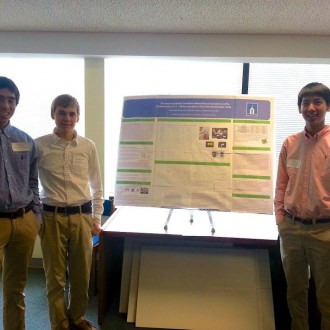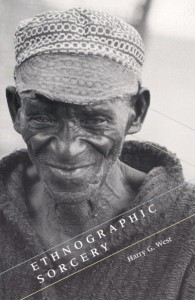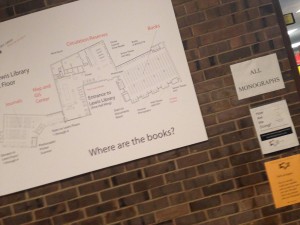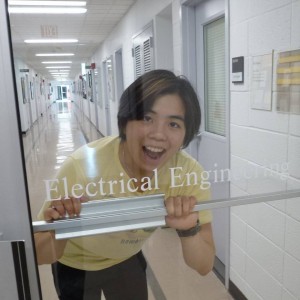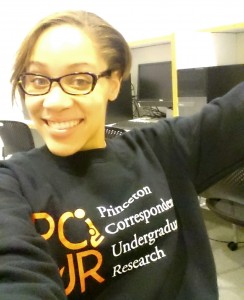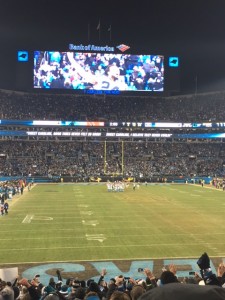Bermuda is built on the backs of corals. Or it would be, if corals had backs.

They don’t. Coral don’t have vertebrae, or heads, or eyes. An entire coral organism – a polyp – is one single, tentacle-ringed cavity, one cavern that is mouth, stomach, and anus combined. Yet these tiny animals are powerful: together, their colonies can grow meters tall, producing hard, rock-like skeletons that form the backbones of coral reefs.
Though perhaps better known for its pink-sand beaches and international banking, Bermuda is also home to spectacular coral reefs. And the low-lying rock island is a monument to the power of calcifying organisms and geological time.

This is how my adviser, Anne Cohen, explained it to me when I first arrived in Bermuda. It became the way I saw the island, and changed how I saw coral: I began, like Anne and many other researchers, to see my study organisms as the center of my world. Continue reading Seeing the world through its study



